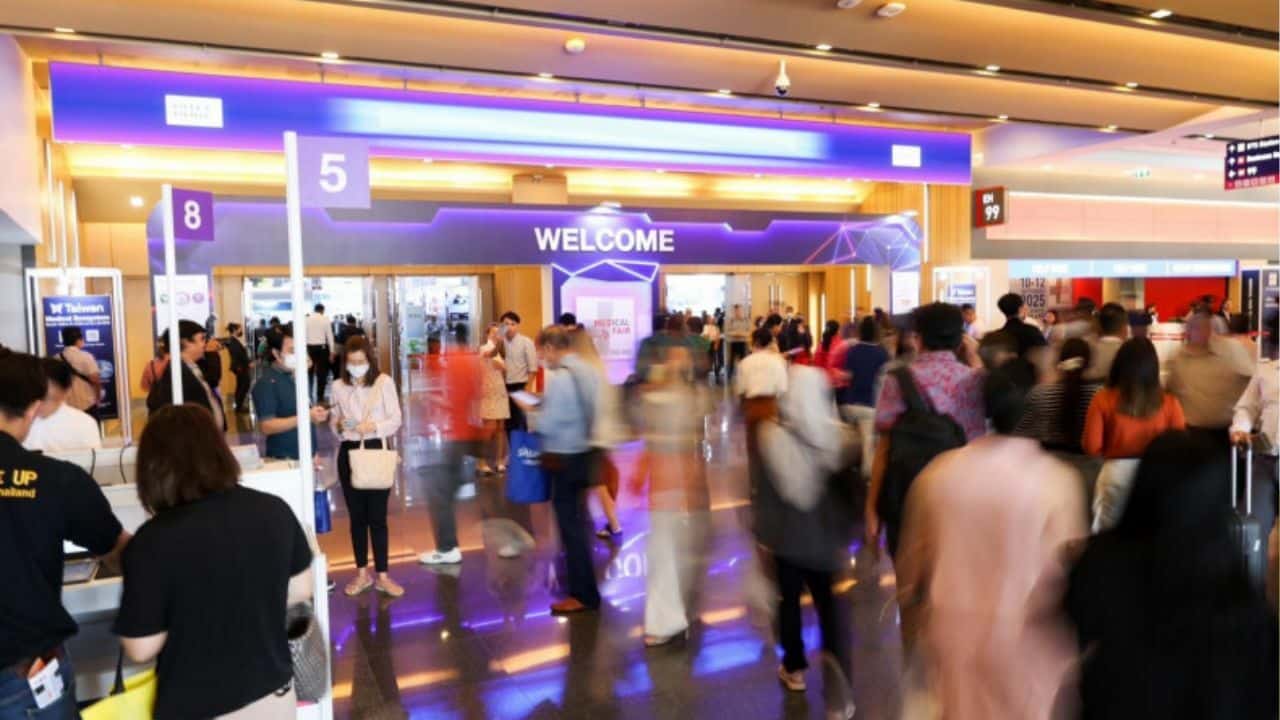
Thailand is exploring opportunities in the medical and wellness sectors to address domestic economic challenges, characterised by slow growth amid global uncertainties.
The nation is focusing on medical and wellness tourism, medical manufacturing, and elderly care solutions to stimulate economic activity, according to Messe Düsseldorf Asia, an international trade organiser.
These sectors are anticipated to grow the domestic market by an average of 5.5 to 7% annually, with exports projected to increase by 6.5 to 7.5% each year.
See Lay Eng, portfolio director for Medicare Asia at Messe Düsseldorf Asia, highlighted Thailand’s strategic position in Southeast Asia for medical innovations, supported by strong governmental backing, a burgeoning local industry, and international partnerships.
The Association of Southeast Asian Nations (ASEAN) is evolving into a central hub for medical and wellness tourism, with Thailand, Malaysia, and Singapore as leading providers. These countries attract medical tourists by offering affordable treatments with internationally recognised standards and holistic care.
In Thailand, the medical tourism market was valued at over US$433 million in 2024, with an expected compound annual growth rate of 15%, potentially reaching US$1.3 billion by 2035.
The domestic medical device market is projected to grow by 7% annually, with exports expected to rise by 7.5%, underscoring Thailand’s status as a major exporter in ASEAN, particularly in consumables, diagnostic equipment, and rehabilitation devices.
See Lay Eng made these remarks as her company, in partnership with state agencies, prepares to host the 2025 Medical Fair Thailand later this year. The three-day event, starting September 10 at the Bangkok International Trade & Exhibition Centre, will display advanced medical technologies and promote business interactions through both online and offline channels.
The National Innovation Agency is supporting the development of medical technologies among local enterprises, including startups. Krithpaka Boonfueng, executive director at the agency, noted that 70% of financial aid is allocated to startups, with the remaining 30% directed towards small and medium-sized enterprises.
Despite efforts to advance locally developed technologies, Thailand remains reliant on importing medical devices and technologies valued at over 60 billion baht (US$1.86 billion) annually, according to Termsak Sirikirin, director of the National Metal and Materials Technology Centre. This reliance is attributed to insufficient investment in research and development and inadequate support systems, reported Bangkok Post.
The story Thailand boosts economy with medical and wellness tourism focus as seen on Thaiger News.
